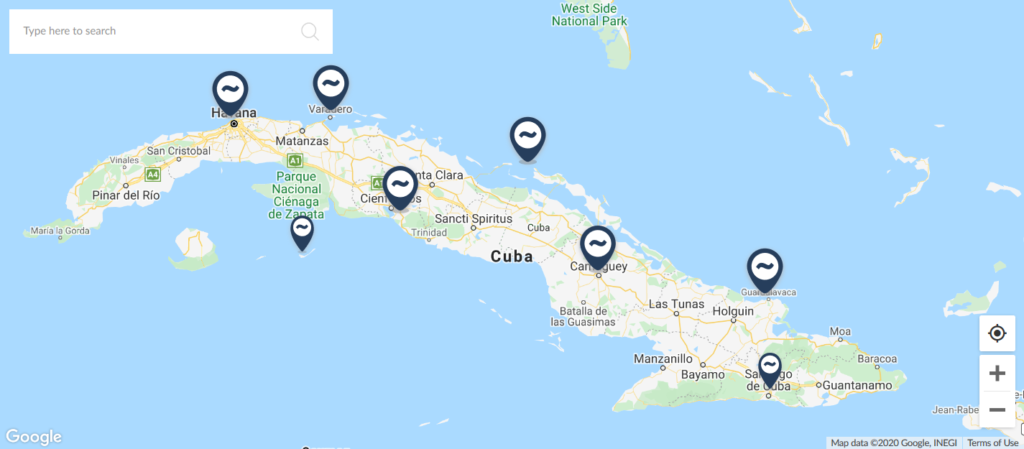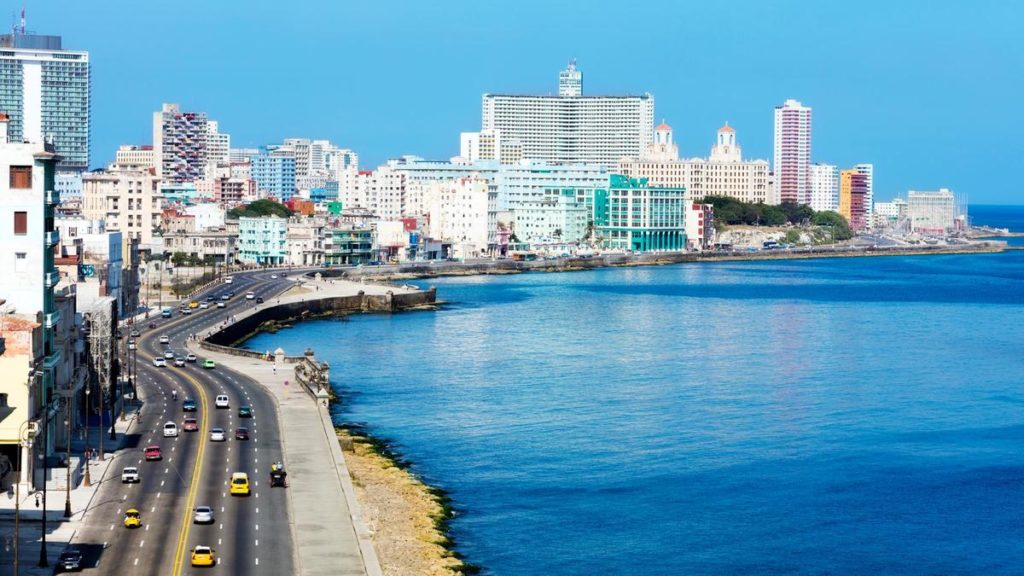SPANISH COMPANIES INVESTING IN CUBA, MELIÁ, IBEROSTAR, AND NH IN THE FACE OF EMBARGO DEMANDS
Meliá, Iberostar, and NH breathe before the puncture of the Helms-Burton law in Cuba. There are only 36 lawsuits in the progress of the 14,000 filed in two years.
Former US President Donald Trump activated Chapter III of the Helms-Burton Act two years ago, which regulated the US embargo on Cuba, paralyzed by the five presidents (Bill Clinton, George W. Bush, Barack Obama, and Trump himself). ) that were named since its enactment in 1996.
The activation of this chapter empowered any American to sue in federal courts any person or entity that had “trafficked” with assets confiscated by the Fidel Castro regime.
This novelty caused an avalanche of lawsuits, distributed between the 8,000 certified by the US Department of Justice through the Foreign Claims Settlement Commission and the 6,000 that have not been certified by the aforementioned body. Of those 14,000, there are only 36 in progress.
Ignacio Aparicio, the partner, and director of the Cuban Desk at Andersen emphasizes the limited impact of the measure from a statistical point of view. “Of the 36 that are ongoing, four have been dismissed and are on appeal. So far no one has been convicted of trafficking in goods. ”
Aparicio does appreciate, however, that the measure has generated contention and greater fear among companies to invest in Cuba. “They think much more about it and have to analyze in-depth the possible consequences that it can bring.”
EMPRESAS ESPAÑOLAS INVERSORAS EN CUBA, MELIA, IBEROSTAR Y NH ANTE DEMANDAS DEL EMBARGO
Meliá, Iberostar y NH respiran ante el pinchazo de la ley Helms-Burton en Cuba. Solo hay 36 demandas en curso de las 14.000 presentadas en dos años.
El expresidente de EE UU, Donald Trump, activo hace dos años el capítulo III de la Ley Helms Burton, que regulaba el embargo estadounidense en Cuba, paralizado por los cinco presidentes (Bill Clinton, George W.Bush, Barack Obama y el propio Trump) que fueron nombrados desde su promulgación en 1996.
La activación de ese capítulo facultaba a cualquier estadounidense a demandar en los tribunales federales a cualquier persona o entidad que hubiera “traficado” con activos confiscados por el régimen de Fidel Castro.
Esa novedad provocó una avalancha de demandas, repartidas entre las 8.000 certificadas por el Departamento de Justicia de EE UU a través de la Foreign Claims Settlement Comission y las 6.000 que no han sido certificadas por el citado organismo. De esas 14.000, tan solo hay 36 en curso.
Ignacio Aparicio, socio y director del Cuban Desk de Andersen, recalca el escaso impacto de la medida desde el punto de vista estadístico. “De las 36 que están en curso, cuatro se han desestimado y están en apelación. Por ahora no se ha condenado a nadie por traficar con bienes”.
Aparicio sí aprecia, no obstante, que la medida ha generado una contención y un mayor temor entre las empresas a invertir en Cuba. “Se lo piensan mucho más y tienen que analizar con profundidad las posibles consecuencias que puede traer”.
Agencies/ CincoDias/ Carlos Colina/ Extractos/ Excerpts/ Arnoldo Varona/ PHOTOS-VIDEOS/ LA HISTORIA DE CUBA
THE CUBAN HISTORY, HOLLYWOOD.



 SPANISH Companies Investing in Cuba, Meliá, Iberostar, and NH in the Face of Embargo Demands. * EMPRESAS Españolas Inversoras en Cuba, Meliá, Iberostar y NH ante las Demandas del Embargo.
SPANISH Companies Investing in Cuba, Meliá, Iberostar, and NH in the Face of Embargo Demands. * EMPRESAS Españolas Inversoras en Cuba, Meliá, Iberostar y NH ante las Demandas del Embargo.



